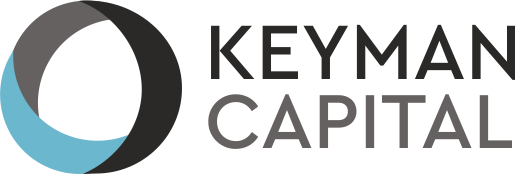Information-rich seminars are an excellent opportunity to disseminate information about updates in existing programs and newly introduced programs. It also is an apt platform to share information about present career opportunities. It also facilitates connecting with qualified leads. To communicate our vision effectively we also hold frequent seminars.
At Keyman, we have organised 160+ seminars across India, Nepal and Sri Lanka for our partners and wide clientele base. Quality over quantity has always been our mantra. Higher education institutes can choose an event format that works for them, from a time and resource perspective.

Presentations
Our staff are well trained to deliver high-calibre presentations. The presentation is visually appealing. Our staff deliver your value proposition effectively to captivate the audience within the institute or any other venue. This helps us to solidify our client’s status as a forerunner in their work. We have regular presentations to educate our target audience.
Our staff members are trained to deliver seminars relevant to the market. These seminars are information-rich.In case a faculty member or an admission representative is unable to travel specifically for a seminar, our team members deliver seminars representing your institution in the nest form. The speaker for the seminars is industry experts. Apart from disseminating information, our informed speakers also discuss challenges and possible solutions.
Panel Discussions
Panel discussions are crucial in the education sector. Timely panel discussions are organised with various stakeholders forms a particular industry which helps us to gain important industry-relevant insights. Our team keep a track of the changing market trends and formulate our strategies accordingly. We have regular discussions with the faculty members which assist us to get invaluable feedback on the programs and strategies based on which we can improve our performance.
Our alumni are very important to us, and we organise discussions with them. It motivates them and helps us make connections. Their experience gives us a better understanding of our programs, and we can assess it even better. It plays an important role in determining their needs and designing programs accordingly. This healthy practice is instrumental in getting the desired outcomes for the required programs.
